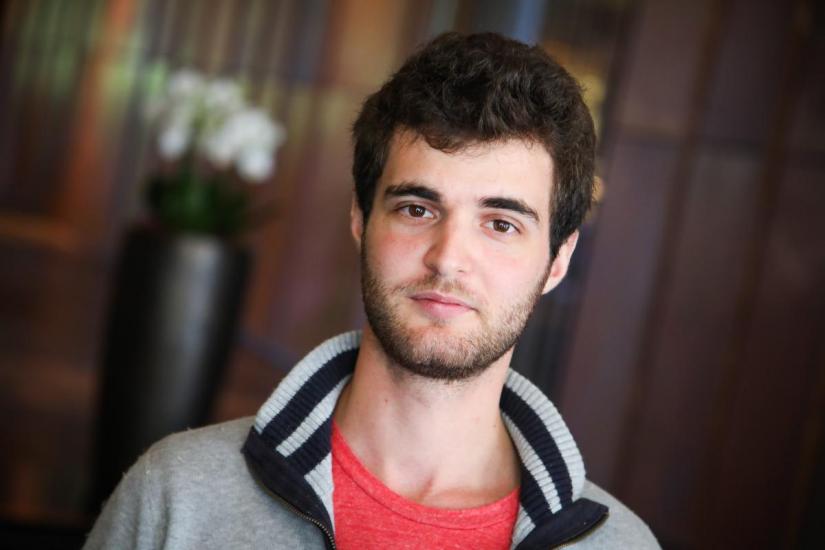
ABSTRACT | Synchronization phenomena in simple and complex networks of oscillators are used to understand many real-life systems, ranging from interacting neurons to the cardio-respiratory system, and even the flashing of fireflies. Synchronization can be beneficial, as in the beating of the heart cells, or detrimental, as in epileptic seizures. One can add additional complexity to this kind of models by taking into account the influence of the ever changing environment (thermodynamic openness) and allow certain features of the network system to evolve over time in a non-trivial way. Here, we will see how time-variability can benefit or reduce stability in two scenarios: a temporal network (time-varying topology), and a network driven by an external oscillator with a time-varying frequency. We will discuss how, in the first case, synchronization is negatively affected, but that the region of synchronization is enlarged in the second case. Moreover, we will discuss the importance of looking into the dynamics of such systems at both short and long timescales. Time-varying features in models of living systems can bring us closer to realistic models, and allow us to reveal richer dynamics resulting from it.
BIO | Maxime has very recently obtained his PhD degree in Physics, jointly from Lancaster University and the University of Florence, under the supervision of A. Stefanovska and D. Fanelli. His PhD was part of the COSMOS Marie Curie ITN that focused on complex oscillatory systems. In particular, Maxime studied the synchronization in networks of oscillators with time-varying parameters. He uses his theoretical background in (BSc and Msc in Physics from Université Libre de Bruxelles, and complementary Master's in Artificial Intelligence from KU Leuven) and his wide ranging interests including a long-time interest for living systems to study complex dynamical systems on networks. Maxime will soon start a postdoctoral position at Aix*Marseille University under the supervision of A. Barrat, B. Habermann and L. Tichit.